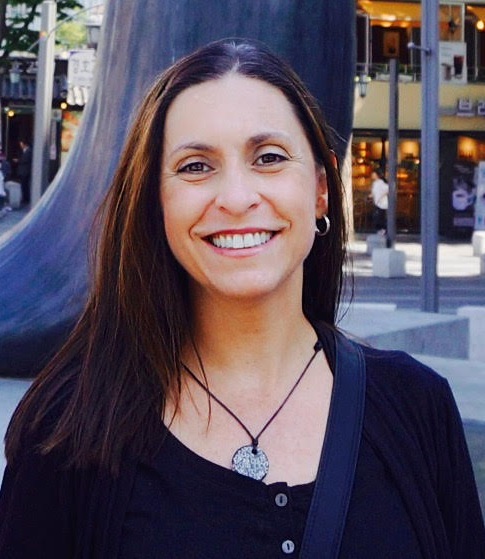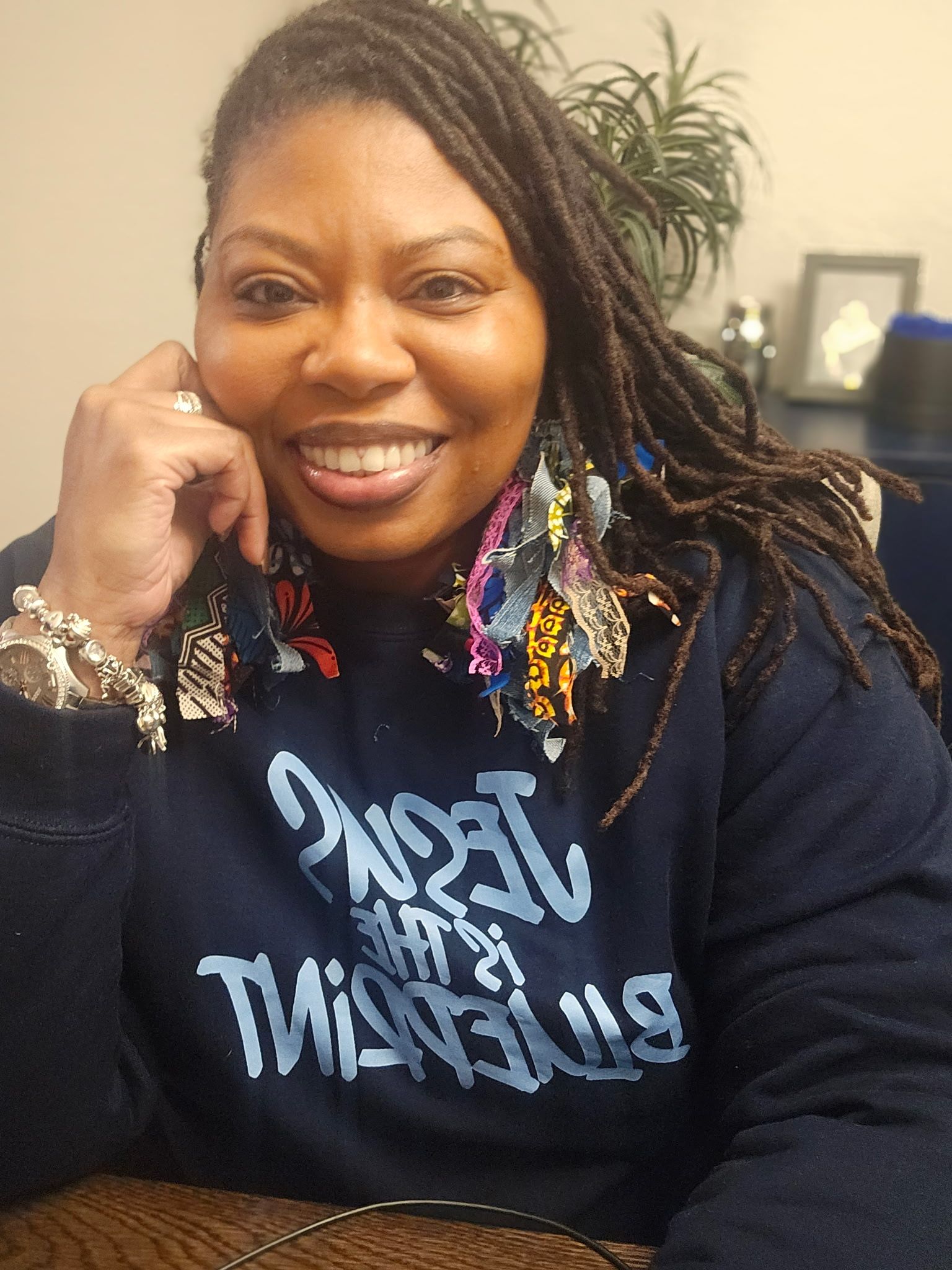May Advocate Spotlight
Monique Thibodeaux

1. How long have you been an Advocate and when did you realize you wanted to become one?
I’ve been an advocate since June 2019. I had moved to San Antonio the previous year and was looking for ways to volunteer and get involved in the community. I was interested in working one on one with kids and was hoping to learn something new in the process. I didn't know anything about CASA until I started seeing the banners around town but that got me to attend one of the info sessions. It’s been a wonderful experience getting to know my two CASA kids and I’ve learned so much about child advocacy and the foster care system as well.
2. What is the most rewarding aspect of being an Advocate?
The most rewarding aspect for me was the times I was being able to be there for my kids when their needs would have gone unmet without a CASA. This happened recently during the holidays when one of my kids, a young teen, was in crisis but couldn’t reach her caseworker or family members. She called me daily during that time and I could tell that having my support made that period a little easier for her.
3. If you could offer some words of encouragement to your fellow and incoming Advocates, what would they be?
There is a lot to learn but the professionals I’ve interacted with have been very understanding of the CASA’s role and very helpful. Ask lots of questions. Your CASA supervisor will be there with you every step of the way to support you.
Also, be patient with the court case. I’ve been on the same case since being sworn in 18 months ago and it has had lots of ups and downs. There were times when I was concerned about the direction things appeared to be heading. Focus on advocating for the children’s needs and being available for them. Just being there through a difficult period of their lives will mean a lot.

In December 2024, the Department requested TMC for a youth, Zoe, who was found to be homeless after both parents refused to accept parental responsibility. The mother had an extensive CPS history, and the alleged father had CPS history and a criminal history. While in care, life became challenging as Zoe made decisions that jeopardized placement; choosing to skip school, run away from placement, and get arrested for a misdemeanor charge. As a result of these behaviors, the Department placed Zoe in a facility out of state. In August 2025, Staff Advocate, Yvonne, accepted the Crossover Court Case involving Zoe. During the initial Zoom meeting between Yvonne and Zoe, the youth shared her love for sketching, singing, and making people smile. Zoe further shared her hopes and dreams with Yvonne; stating that if parental rights were terminated, she hopes to be adopted by a loving family and wants to pursue her dream of having a career in law enforcement. Recently, Yvonne had the opportunity to visit Zoe at her out-of-state placement, where their conversations were not limited by time on a video call. When Yvonne met Zoe in person, she shared that she couldn’t sleep the morning of Yvonne’s arrival because she feared that Yvonne would be another adult who did not show up for her. Yvonne was able to lay that worry to rest by simply keeping her word, a small act that means the world to the children CASA serves. During the visit, Zoe shared that she wanted to make her CASA proud by improving her school grades, staying out of trouble with peers at placement, and staying busy with extracurricular activities. Yvonne was happy to hear Zoe share her aspirations and encouraged Zoe to continue on this positive path. The conversations about Zoe’s day-to-day happenings in life led her to share the more traumatic events with Yvonne. Yvonne listened and provided a space for Zoe to share what she was comfortable with. Yvonne encouraged Zoe to continue processing her trauma and grief with her therapist and find peace, past the pain of being estranged from her family and individuals whom she trusted. Despite the setbacks Zoe has endured in efforts to restore family connections, Yvonne continues to show up and support Zoe in self-advocating for her educational and placement needs as she approaches adulthood. Zoe’s educational goal is to attend her senior prom and walk across the stage at a public high school to receive her diploma. Most importantly, Zoe hopes to be placed in a Texas foster home where she will be protected, loved, and trusted. Regardless of where life and the case takes Zoe, Yvonne will be there at every turn.







